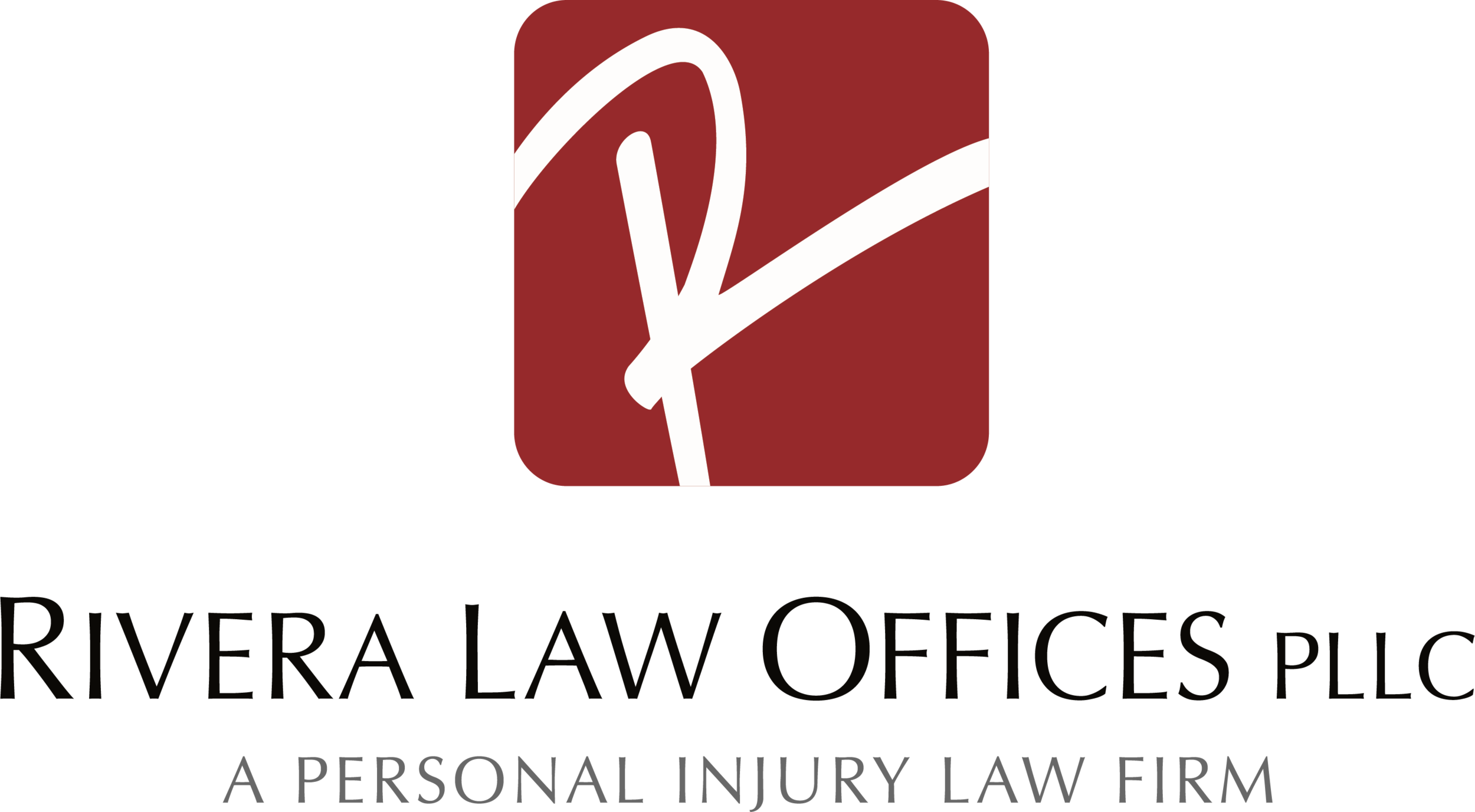I was in a car accident, now what?
1. Call the police.
I recommend that my clients call the police every time. Why? Because most people are nervous, stressed and will forget to gather all the necessary information. The police are required to respond to a collision scene if you are injured or there is more than $1,000 in property damage. If the police refuse to come the collision scene (No injury or less than $1,000 in property damage) or they are too busy responding to life and death crimes. You don’t have to wait for the police, but you should do the following and file your own police report. Here is the link. https://fortress.wa.gov/wsp/wrecr/OMVCR/
You should also do the following at the scene:
Take pictures of YOUR vehicle. Include the property damage and the license plate. Close up, far away and all 4 angles of your vehicle. Include the mileage odometer and the VIN number.
Take pictures of the OTHER car. Make sure the picture includes the license plate, VIN number, and All 4 sides of the vehicle. Close up and far away. You will need the year, make and model of the other vehicle.
A picture of the other driver. For sure people give fake names.
A picture of their insurance card. Make sure it is valid.
A picture of their drivers’ license. Make sure the name matches the insurance card.
Current address, phone number and e-mail of other driver.
Copy of other drivers’ Vehicle Registration.
If the other driver fails to cooperate, call the police and report their failure. If your vehicle is not drivable, call a tow truck. Do not illegally drive your vehicle. If you have full coverage, have the vehicle towed to your favorite auto body shop. (see post on property damage) Your attorney will help get you reimbursed for that expense.
2. Get Medical Care.
If you are injured, GO to the hospital. If you are bleeding, hit your head on anything, or feel severe pain, GO to the hospital. If in doubt GO to the hospital. Your health is your most important asset. If you feel “fine” or are not sure if you are injured, you can go home and follow-up with your primary care provider the following day. Your closest urgent care/walk-in clinic is probably your best option.
When calling 911 to report an accident, the dispatcher will ask if you are injured. Most people are so grateful to be alive, many will respond “I’m fine.” You might not be seriously injured but you are not “fine” if you wake up super stiff and sore the next day. You are not '“fine” if you feel disoriented and have troubling thinking clearly or feel dizzy. When asked, state the truth. The dispatcher is trying to assess if they need to call an ambulance. If you have any doubt, ask for an ambulance.
If you are unsure, state what you do know. I am not bleeding and nothing appears to broken at the moment. However, if you hit your head on the steering wheel or feel dizzy, do NOT drive yourself anywhere.
If your back or neck is sore, see a chiropractor. If you are not comfortable with chiropractic care, see a massage therapist or physical therapist. Your health is your biggest asset. Living a pain free life is priceless!
NEVER delay medical care. It will hurt your case and delay your recovery time.
See a medical professional within one week of injury.
No Tough guys … get an expert opinion. Better safe than sorry!
You should ask the emergency room to bill your health insurance.
Once you have verified if you have PIP (Personal Injury Protection), you may also provide this information to all other healthcare providers. Most people only have $10,000 in PIP. Everyone should have a minimum of $35,000 in PIP. Call an experienced personal injury attorney for a policy review. I have friends in the insurance industry.
3. Call Your Insurance Company
You should call YOUR insurance company immediately and report the claim. If you are injured, ask your insurance company to open up a PIP (Personal Injury Protection) claim. Your PIP carrier will pay for your medical bills. They will get reimbursed at the end of your claim; after a settlement with the at-fault party is reached.
You should cooperate with YOUR insurance company. You may give YOUR own insurance company a statement. You should NOT call the other person’s insurance company. DO NOT agree to speak to that insurance company (the at-fault person’s insurance company) outside the presence of an attorney.

